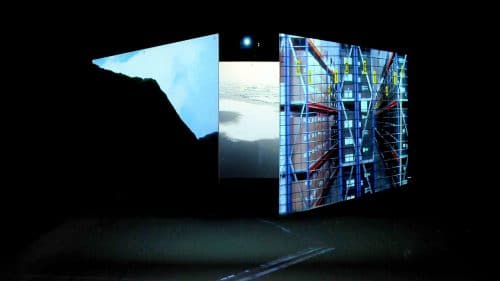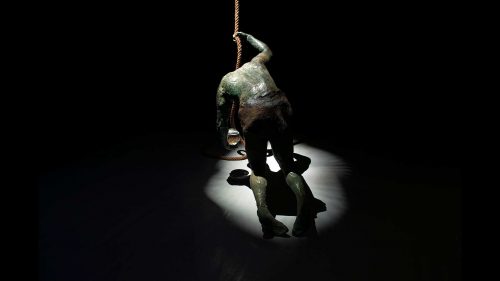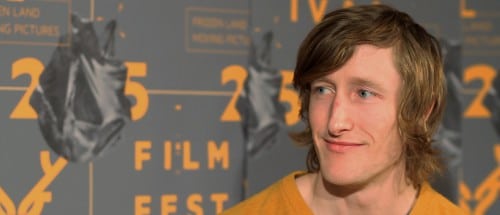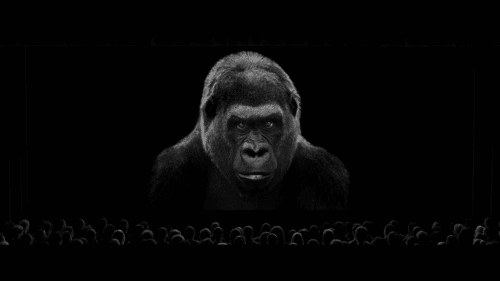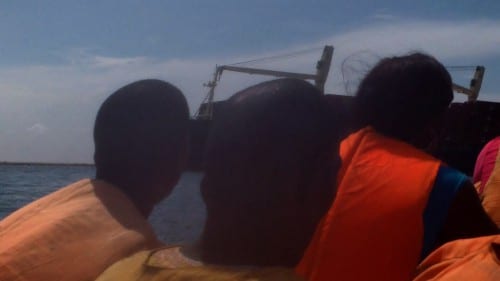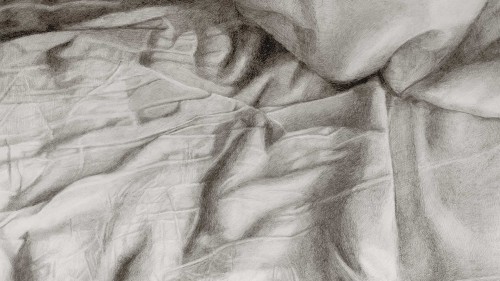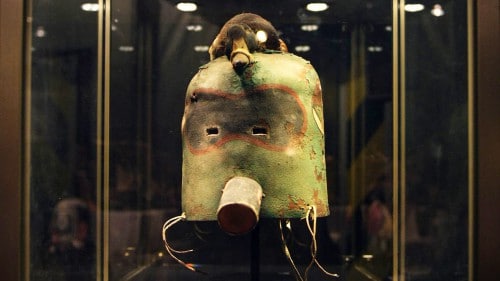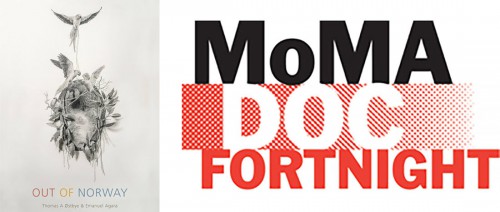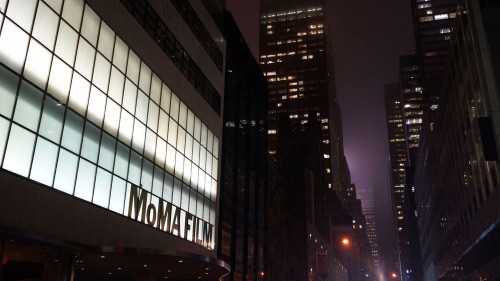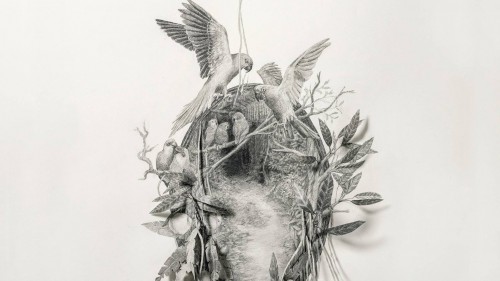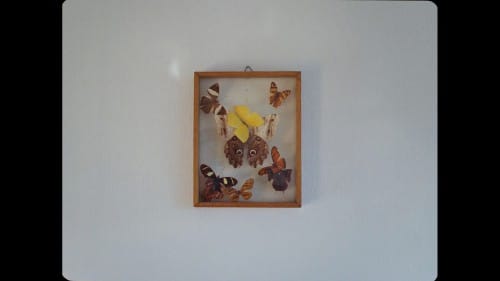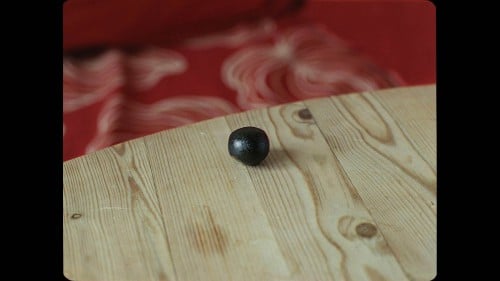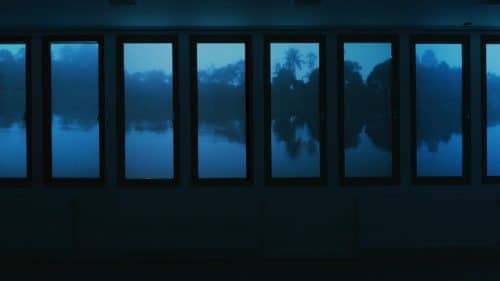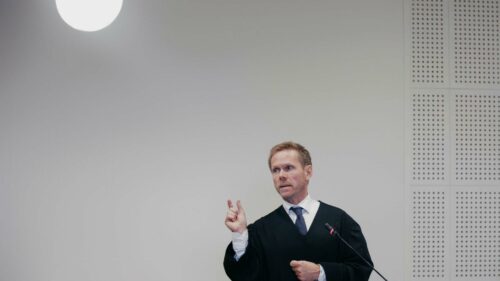Text from POLART 2010 publication relating to CHANGE MUMMIFIED and TARZAN -the self dies not :
« My stay onboard the Arctic Tipping Point research vessel gave me an experience of being a part of the elements; where the boat, sea, weather and myself were in constant movement; both a vulnerable and nice feeling. Afterwards this has developed into reflections over my own changeability and how I deal with it. Can I accept that I am not a fixed entity, only part of a worldly changeability? How does this affect my relation to my surroundings? Can I actively control and manipulate something, if I am part of it?
Buddhism has dealt with the permanence of existence, and the pain that follows. The Buddhist solution lies in letting go, and not cling to what is perishable, and not stay in the delusion of a core, a fixed identity. This is a theory I can trust. However, we are facing vast changes in the earth’s ecosphere; species and ecosystems will perish. My gut screams for a collective willpower, strong efforts and technology which can intervene and stop this development. The basis of Buddhism seems provokingly defensive.
But what is it that I want to preserve, what decline needs counteracting? Is it an idea of the “authentic” nature like I picture it in the 1600s? Am I perhaps more concerned about preserving the human culture, not environmental protection. The safe-keeping of our lifestyle and our ever increasing consumption, nature as ownership, people dying in Bangladesh, the corruption of our moral selves? Do I yearn for a controllable world, a glass ball containing provoked balance, separated from the uncontrollable reality? This way of thinking and being, sets me apart from the outside world. I stand here, a tree there. I am something – the world something else.
In earlier works I have sought for clean cut “documentarism”, a meeting between the complex and magic of phenomena, with the exclusion of analysis. I have tried to exploit the ability of the camera eye to reveal the world as infinite and complex, compared to my reductionist ideas about it. An attempt to approach the inaccessible “real”, like Lacan describes it in contrast to the world of symbolism that we live our daily lifes in. Or like Bazin, who describes the purpose of film as realism; to reveal reality, not add to it. However, this time Tarzan wants it otherwise. »